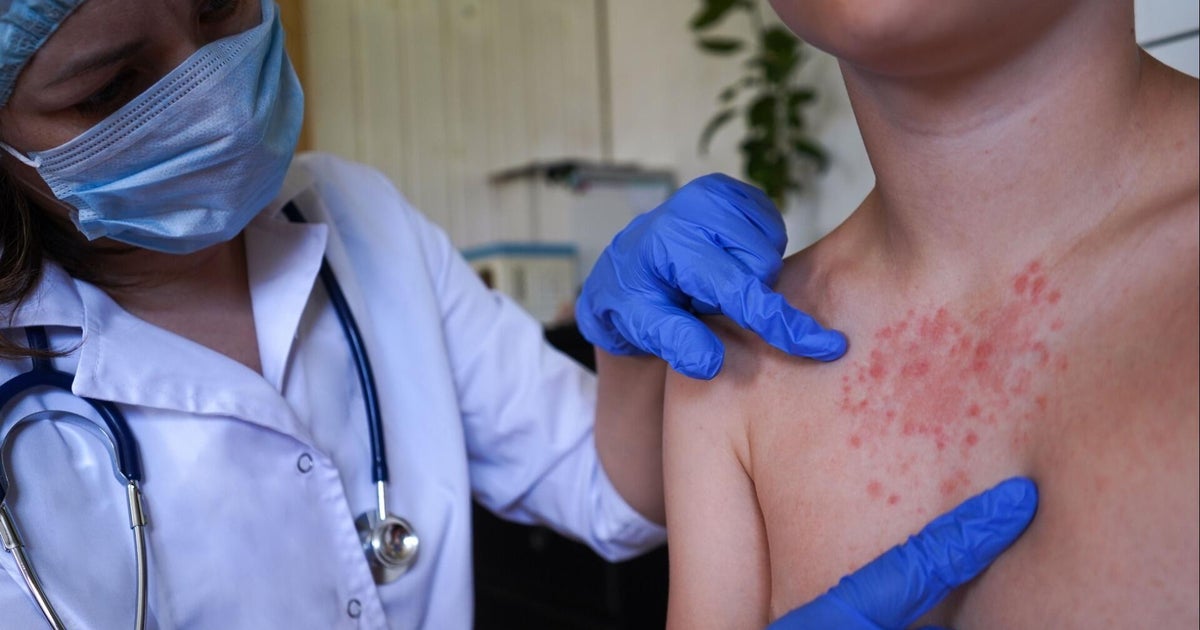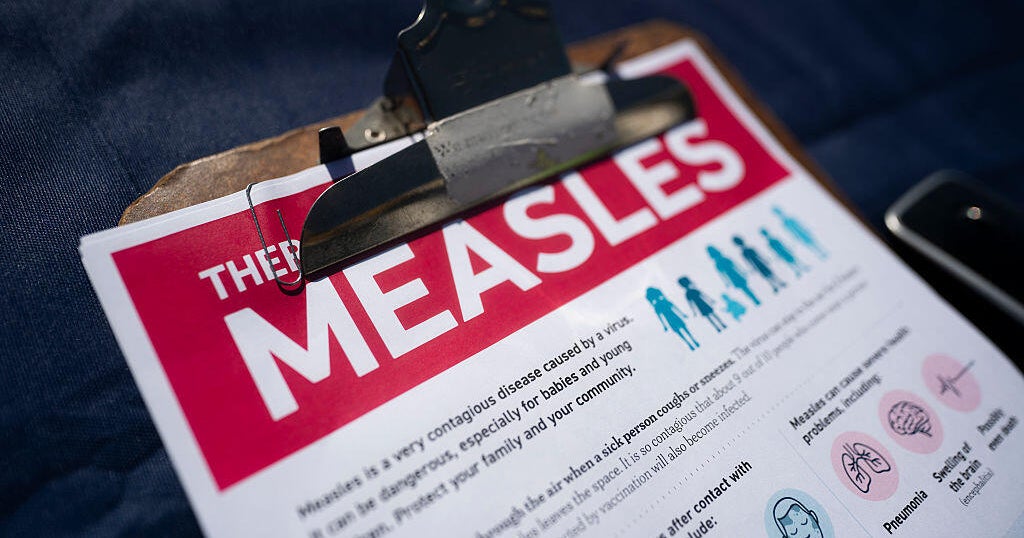State Health Services Returning To Ennis High School For More TB Tests
ENNIS (CBSDFW.COM) – The Texas Department of State Health Services will send examiners back to Ennis High School Wednesday morning to complete a new round of tuberculosis skin exams to determine if more students have been exposed to the airborne illness.
Late Tuesday afternoon, regional health officials confirmed four students from the high school showed "abnormal x-ray results," after initially testing positive for TB skin infection.
"The concern is it's an abnormality," said Dr. James Zoretic, Regional Director for TDSHS. "We're concerned that they potentially could be a suspect case of Tuberculosis".
Tuberculosis disease is a contagious ailment that can cause death. Dallas County Health officials documented 110 cases of Tuberculosis disease in 2010.
Last week, the Ennis Independent School District issued letters to 235 students, staffers and faculty of the high school, informing them of the need to complete TB skin examinations after determining they came into contact with a science teacher who had the disease.
Some parents have decided to go about the testing on their own.
"The school told me that they had tested everyone they were going to test until they find the results," parent Liliana Gonzales said. "So we're going to take the kids to the doctors and test them ourselves."
Seventy-nine students and one teacher tested positive for Latent TB infection. TB infection is not contagious, but all 79 people must complete chest X-rays, and will likely receive medication to eliminate the infection.
Four of the 79 have X-ray results that concern public health officials.
All have been advised to remain at home. Health authorities must now return to Ennis High and determine who may have had long-term contact with the four students.
"Everybody is concerned," student Oscar Zamora said. "They all went to test, but only a couple people tested."
Doctors say most people who test positive for tuberculosis are not contagious because the organism lies dormant in the body. There are also antibiotics available to kill it.







